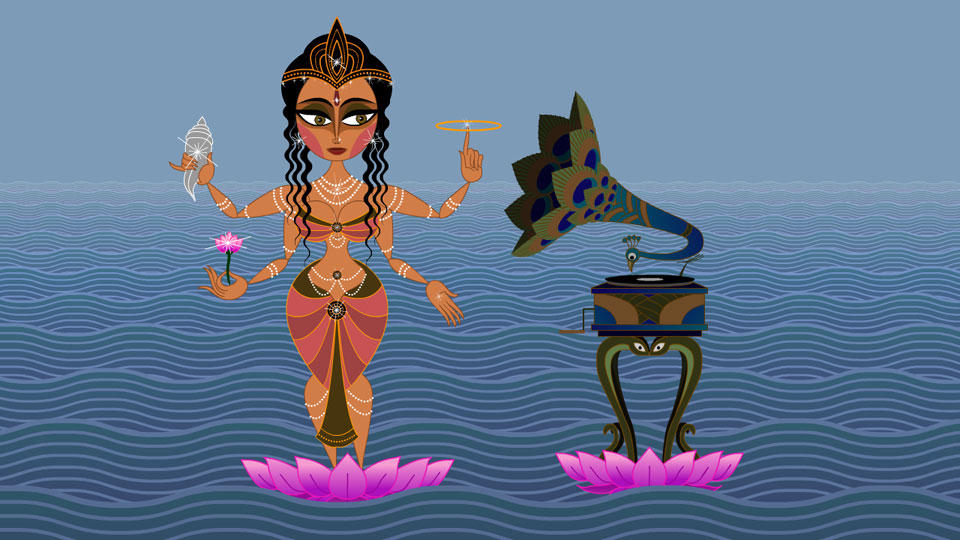However, there are some that manage to integrate multiple cultures to be heard. For instances, Sita Sings the Blues makes use of the late Annette Hanshaw's voice and recordings from her radio career in the 1920s and 1930s.
But the visual doesn't always necessarily match the audio material - culturally anyway. The film makes use of stories from the Ramayana, and there is a decided conflict of cultures. It defies audience expectations; combining 'Western' and 'Eastern' cultures in the one text.
 |
| Source: Click |
 |
| This was taken by yours truly. |
 |
| Also taken by yours truly. |
 |
| Yours truly again. |
With the above in mind, the intermission depicted in Sita displays characters from the feature taking bathroom breaks and visiting the candy bar as the clock counts down. I personally appreciated the nod to the traditions of cinema; it is a little ironic now as we watch from our computer screens and can simply pause the film if a break is needed.
The marrying of traditional and contemporary entertainment is one of joy. Having spoken of my own conflicting cultures before, I find this film can best contextualise how culture collides today.



